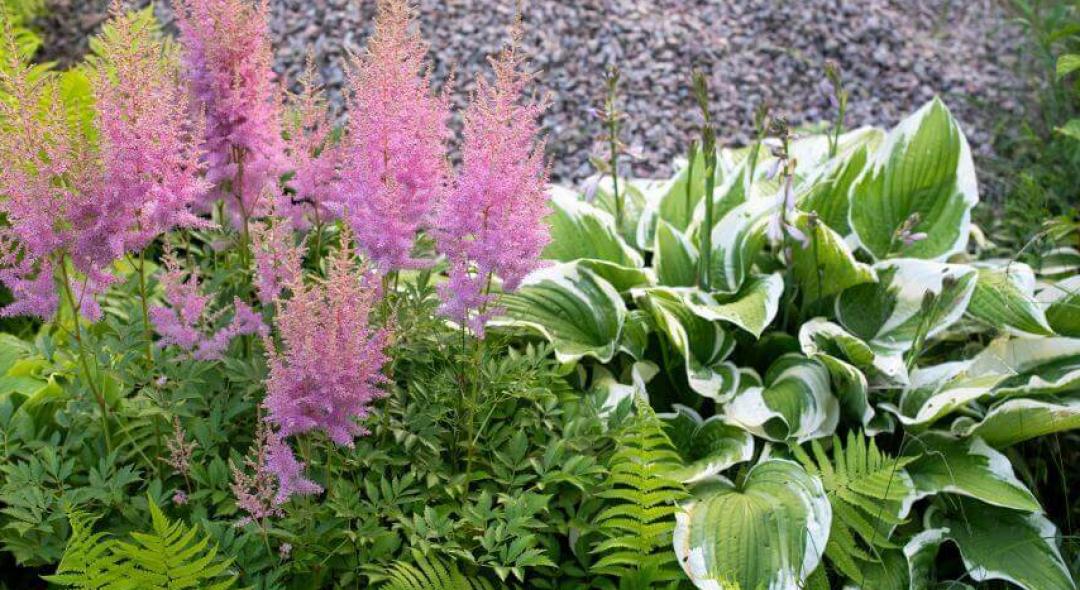Surprisingly, baking soda has a lot of very different uses for the backyard. You can use it as is, mix it in a spray bottle with some water, or sprinkle it on certain backyard items for a wide array of different effects. As it turns out, there are many different baking soda garden uses. Talk to a landscaper to find out more. Read on for some ideas.
“I think if the ingredients have nothing that I recognize, that kind of scares me. I like unique ingredients - like charcoal and baking soda - because it's cool to be able to use products with ingredients you see at home.” - Shay Mitchell
Pesticide

Unbeknownst to most homeowners, baking soda can actually act as a pesticide to many invasive insects. This is just one of the many baking soda garden uses. You can effectively form a barrier to protect your garden or simply sprinkle the baking soda on the soil to prevent bugs from going on the plants. Baking soda can deter some of the following insects:
- Slugs
- Roaches
- Ants
- Bed bugs
- Aphids
- Mites
Crabgrass Repellant

Another thing that baking soda can deter is crabgrass. Crabgrass is an invasive weed that can take over gardens. To counter this, simply wet the area you want to affect and then sprinkle baking soda over the wetted area. Because of the baking soda, garden weeds won’t grow in the area. It’s a useful trick if your garden is threatened by crabgrass.
Fungicide
Baking soda is also a useful fungicide. Simply mix 4 teaspoons of soda to one liter of water, and an optional two or three drops of liquid soap if needed. This makes a baking soda garden fungicide. Put it in a spray bottle to maximize the effectiveness. After that spraying it on any mold or mildew will almost immediately remove it. This is a great alternative to bleach, especially when dealing with plant life around the fungus. Bleach would kill much more than just the intended target.
Weed Killer

Thanks to baking soda, garden weeds don’t stand a chance. And much like being a fungicide, baking soda also acts and an effective weed killer. For this tip, you won’t need to mix anything at all. Just dump the baking soda over the weeds, or along the cracks in asphalt where weeds might appear. This will prevent them from growing or spreading. Baking soda can kill the following weeds from your garden:
- Pigweed
- Buckhorn Plantain
- Field Bindweed
- Lamb's Quarters
- Quackgrass
- Chickweed
- Dandelion
- Chickweed
- Dandelion
- Purslane
- Shepherd's purse
- Sheep's sorrel
- Daisy weed
- Creeping thistle
- Ground ivy
Can Sweeten Tomatoes

You wouldn’t believe it until you’ve tried it, but baking soda can actually help sweeten tomatoes. Sprinkling just a little bit of baking soda into the soil around your tomato plants will lower the acidity of the fruit. Lower acid means a sweeter tomato. Baking soda spray for tomato plants can make your harvest taste so much better.
Cleans Bird Baths
All you need is some baking soda and a damp cloth. You’ll be surprised at how easy dirt and grime will be swept away like magic. This is one of the lesser-known baking soda garden uses, but it still deserves a slot on our list.
Fertilizer

Another huge boon to your garden is the epsom salt and baking soda fertilizer. This garden boost acts exactly like fertilizer, and can really help your plants grow. Mix a teaspoon of baking powder, a half a teaspoon of clear ammonia, and a teaspoon of epsom salt together in a gallon of water. Shake well before distributing. Once you pour it on your plants, they will come back to life in just a few days. It really works wonders.
Soil pH Levels

Another thing to keep in mind is that baking soda can detect and if necessary, raise the pH levels in your soil. Have two cups of your soil in distilled water at the ready and mix a teaspoon of baking soda in one and vinegar in the other. If the vinegar bubbles, the soil is alkaline. Should the baking soda bubble, the soil is acidic. Acidic soil is bad for plants, as it stunts growth and high levels will potentially be fatal.
Looking for more landscaping ideas? Call a professional to get a free estimate today. Don’t forget to follow us on Facebook for more great tips and inspiration!
Continue Reading:
